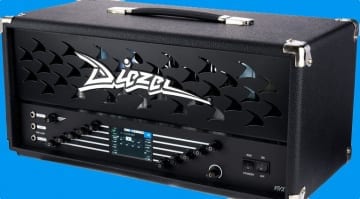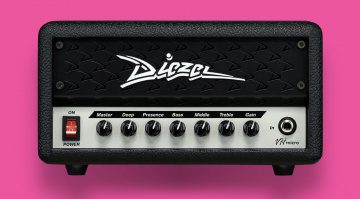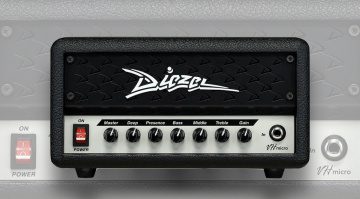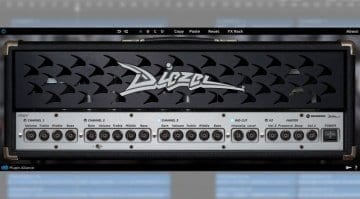Diezel VHX amp and profiling detection: Peter Diezel speaks out
A feature on an amp head by German manufacturer Diezel is causing a bit of a kerfuffle in the amp profiling world. According to a recent TGP forum thread, Diezel’s programmers have coded a feature into its VHX amp head that detects when it’s being profiled. Is this the end of the profiling amp? Is the Kemper Profiler obsolete?
Not a bit of it. We reached out to Diezel and got the inside track on the technology in question. In a frank telephone conversation with Gearnews, company founder Peter Diezel explained that the function in question is, well, not used for anything at all, actually. He confirmed that VHX amp does not prevent anyone creating a profile of its sounds, and told us:
We have no plans to use this [feature] for anything. When we first thought about what it can do, we realised that it could be used to frustrate attempts at profiling. But that would be silly. We’re not intimidated by profiling as a technology. In fact, having profiles circulating of our amps is a form of advertising, and we’re confident that when someone compares a profile with the real thing, they’ll notice a difference.
If you own a Kemper, you’ll know that profiling – creating a digital signature of – an amp is fairly quick and easy. And Kemper’s Profiler and other products that use profiling to “copy” the sonic DNA of amps and other gear have become big business. And while it’s interesting that a feature could be implemented to prevent it, that possibility doesn’t seem to have any real-world significance. At least in the case of the Diezel VHX.
Peter Diezel speaks out
Peter Diezel confirmed to us that, yes, the VHX detects and logs that the amp has been profiled, but explained that no other data about the process is recorded, such as the date or time. That the company doesn’t intend to make any use of this technology speaks to Diezel’s confidence in its product.
Diezel uses DSP technology such as IRs in its VHX amp, so has no qualms about harnessing the advantages of digital technologies and exploring how these technologies can complement analogue tube technology. During our phone conversation, Peter Diezel did mention that his company is aware that in principle someone could order one of its amps over the internet, profile them and then return them for a full refund under internet sales returns policy. But he also asserted his confidence in the playing feel and dynamics of his amps compared to any digital version. Given the premium market segment Diezel sells to, we don’t think that the company has anything to fear.
But would other manufacturers employ this feature to prevent profiling? Now that would be an interesting development…
 5,0 / 5,0 |
5,0 / 5,0 | 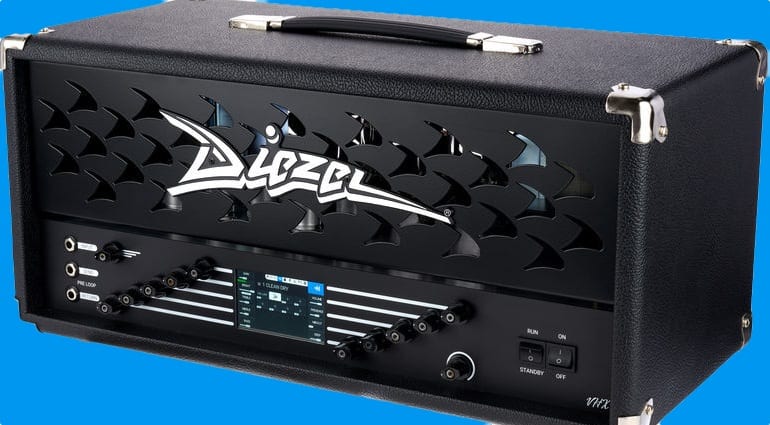

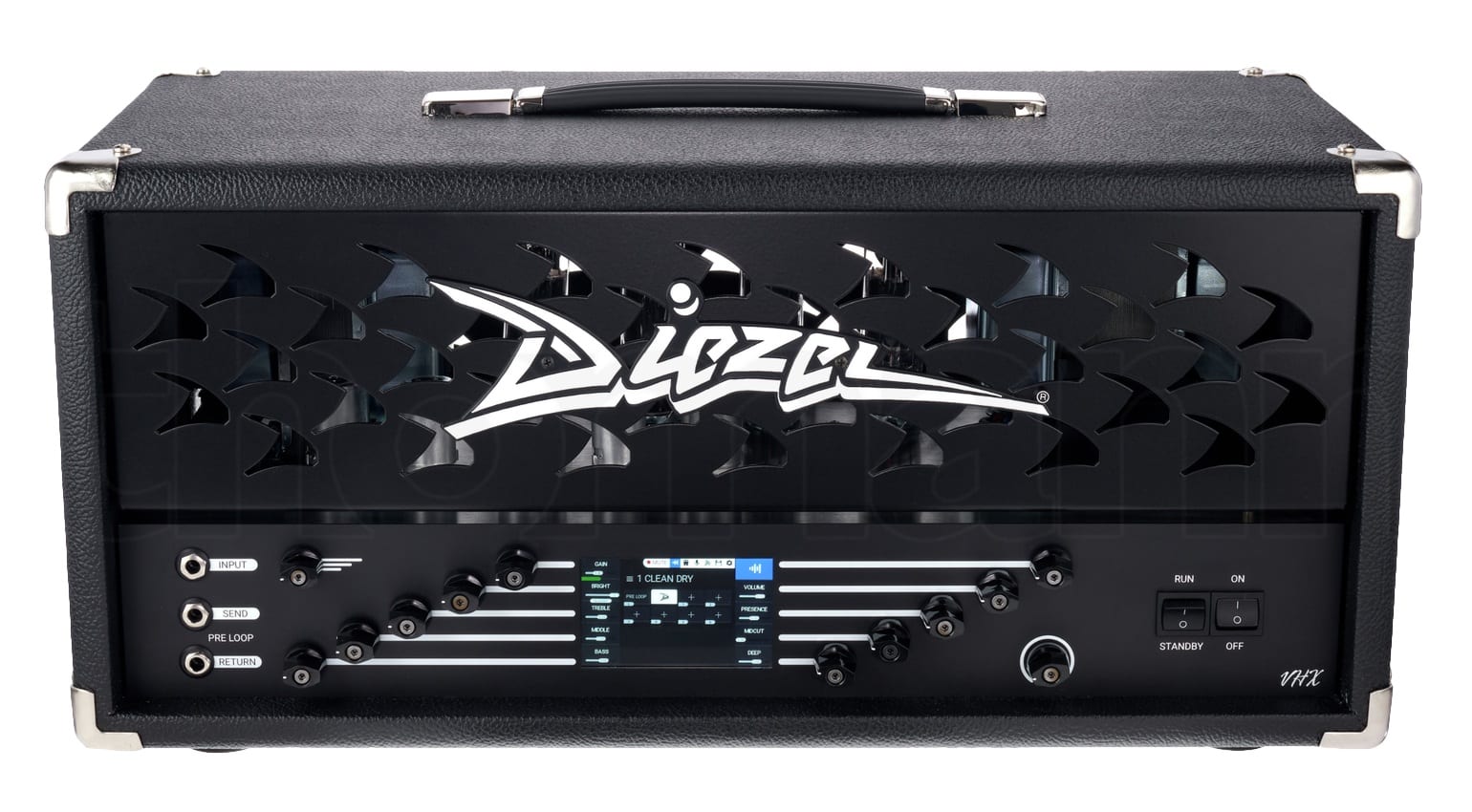

 Kemper Profiling Amplifier Head BK
Kemper Profiling Amplifier Head BK